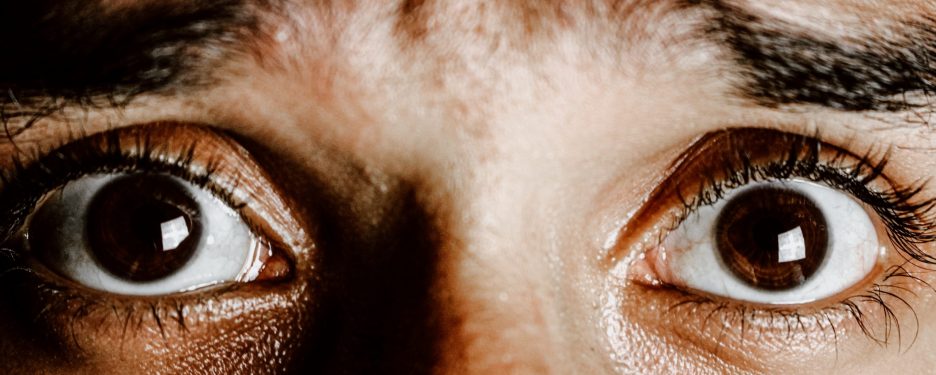If you're afraid of snakes or spiders, that's normal. It's natural to be afraid of things that can hurt you and cause harm. But if the fear keeps you from traveling, going to work or enjoying the company of others, then it may be time for professional help. Here's what you need to know about specific phobias:
A phobia is an intense and irrational fear of a specific thing or situation that compels you to avoid it.
A phobia can be an intense and irrational fear of a specific thing or situation that compels you to avoid it. If you have a phobia, you may feel anxious just thinking about the object or situation in question, but still be able to function normally in other parts of your life.
Unlike normal fears, which can be helpful in keeping us safe from danger (for example by making us avoid fire), phobias are irrational enough that they often interfere with our ability to lead normal lives.
Phobias can take many forms
Phobias can take many forms, such as the fear of flying, driving or even speaking in public. They're different from having a "healthy" fear because they are irrational and can make you feel overwhelmed. You may also experience physical symptoms like sweating or crying when you're exposed to your phobic stimuli. If you have a phobia, you might avoid your phobic stimuli at all costs, even if it interferes with your daily life.
Other symptoms may include:
- You might feel your heart racing and hear yourself breathing faster.
- You may experience nausea, muscle tension or lightheadedness.
- Your palms may get sweaty, and you'll probably feel like your hands are shaking (even if they're not).
Phobias often develop in childhood or young adulthood and tend to be more common in women than men.
Phobias are more common in women than men. They can often develop during childhood or young adulthood, and they tend to be more common in individuals who have a family history of phobias.
Some phobias can be genetic, but this isn't always the case; it depends on whether you have a genetic predisposition for developing that particular fear or not. For example, if your family members have had an irrational fear of snakes (ophidiophobia), then it's likely that you'll develop this fear as well - but if none of your relatives are afraid of snakes and you grow up without any exposure to them, then there's nothing preventing you from becoming interested in reptiles later on in life!
If you feel that you have a phobia and it is preventing from living your life in the way that you’d like, seeking the support of a professional counsellor who has experience working with phobias and anxiety is a great way for you to find a new path, hopefully getting to a point where you can manage your emotions and your phobia no longer prevents you from being the person you want to be.
If you have a specific phobia and it's taking over your life, it's time to get some professional help. Please get in touch with Hope and Harmony to see how counselling can help you.


